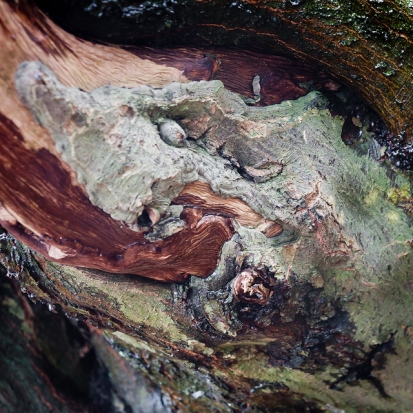Question: How deep can you really take the GoPro camera underwater (the box says 60m)? The way this works, is that any piece of equipment is 'rated' to a particular pressure. In the case of the GoPro Hero 3 underwater case, it will be rated to 7 atmospheres, which works out to 60 metres in freshwater and around 58 metres in salt water.
This is similar to bridges: They'll have a sign saying "Maximum 3 tons" or similar. This doesn't mean that if you are driving a truck that weighs 3 tons, but a kitten sits in your passenger seat, that the bridge will collapse.
There will be variations in each individual casings, too. Some underwater cases will happily go to 80 metres, others might make it to 90 metres, but some might fail at 68 metres. So, in order to keep your equipment safe, stay above 60 metres
For most people, all of this is moot, however, as a GoPro really isn't the right equipment for dives that deep. I'm a Divemaster, and I've dived extensively, both with and without photographic equipment -- and I don't think I've ever taken a half-decent photo at depths deeper than 30 metres or so. The light doesn't penetrate that deep, for one thing, but 40 metres is actually the maximum depth you can safely dive on air (see Recreational diving) -- so if you want to go deeper than 40, you're looking at becoming a 'technical diver' (see Technical diving), which is a different kettle of fish altogether.
Realistically with a camera without additional lighting, like the GoPro Hero 3, you'll probably only get good footage at depths down to about six metres, and usable footage down to about 15.
However!
In the comments of this article (originally published in 2013), a series of divers started posting how deep they've taken the GoPro stock housings, and I was in for a surprise! Have a look at the comments below, but some of the data points are here:
- Steve mentions he's taken his Hero3 Black to 106 meters (348 ft) in a stock case
- Jørgen mentions he's had the GoPro on a ROV to 100 meters (330 ft) in a stock case
- Damien says he's taken a GoPro into caves and mines and in open water to 69m (230 ft)
Please do keep the comments coming!










